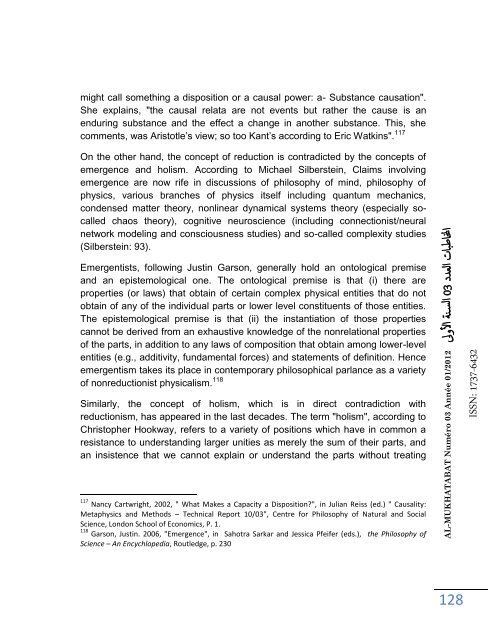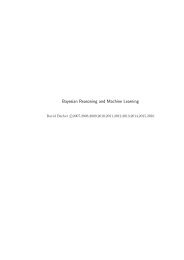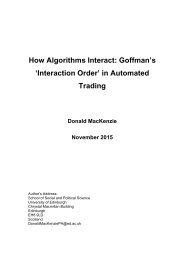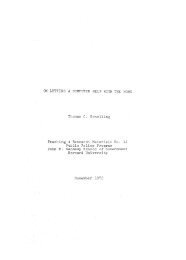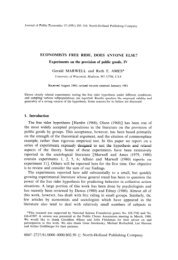n3-al-mukhatabat-journal
n3-al-mukhatabat-journal
n3-al-mukhatabat-journal
You also want an ePaper? Increase the reach of your titles
YUMPU automatically turns print PDFs into web optimized ePapers that Google loves.
might c<strong>al</strong>l something a disposition or a caus<strong>al</strong> power: a- Substance causation".<br />
She explains, "the caus<strong>al</strong> relata are not events but rather the cause is an<br />
enduring substance and the effect a change in another substance. This, she<br />
comments, was Aristotle’s view; so too Kant’s according to Eric Watkins". 117<br />
On the other hand, the concept of reduction is contradicted by the concepts of<br />
emergence and holism. According to Michael Silberstein, Claims involving<br />
emergence are now rife in discussions of philosophy of mind, philosophy of<br />
physics, various branches of physics itself including quantum mechanics,<br />
condensed matter theory, nonlinear dynamic<strong>al</strong> systems theory (especi<strong>al</strong>ly soc<strong>al</strong>led<br />
chaos theory), cognitive neuroscience (including connectionist/neur<strong>al</strong><br />
network modeling and consciousness studies) and so-c<strong>al</strong>led complexity studies<br />
(Silberstein: 93).<br />
Emergentists, following Justin Garson, gener<strong>al</strong>ly hold an ontologic<strong>al</strong> premise<br />
and an epistemologic<strong>al</strong> one. The ontologic<strong>al</strong> premise is that (i) there are<br />
properties (or laws) that obtain of certain complex physic<strong>al</strong> entities that do not<br />
obtain of any of the individu<strong>al</strong> parts or lower level constituents of those entities.<br />
The epistemologic<strong>al</strong> premise is that (ii) the instantiation of those properties<br />
cannot be derived from an exhaustive knowledge of the nonrelation<strong>al</strong> properties<br />
of the parts, in addition to any laws of composition that obtain among lower-level<br />
entities (e.g., additivity, fundament<strong>al</strong> forces) and statements of definition. Hence<br />
emergentism takes its place in contemporary philosophic<strong>al</strong> parlance as a variety<br />
of nonreductionist physic<strong>al</strong>ism. 118<br />
Similarly, the concept of holism, which is in direct contradiction with<br />
reductionism, has appeared in the last decades. The term "holism", according to<br />
Christopher Hookway, refers to a variety of positions which have in common a<br />
resistance to understanding larger unities as merely the sum of their parts, and<br />
an insistence that we cannot explain or understand the parts without treating<br />
117 Nancy Cartwright, 2002, " What Makes a Capacity a Disposition?", in Julian Reiss (ed.) " Caus<strong>al</strong>ity:<br />
Metaphysics and Methods – Technic<strong>al</strong> Report 10/03", Centre for Philosophy of Natur<strong>al</strong> and Soci<strong>al</strong><br />
Science, London School of Economics, P. 1.<br />
118 Garson, Justin. 2006, "Emergence", in Sahotra Sarkar and Jessica Pfeifer (eds.), the Philosophy of<br />
Science – An Encychlopedia, Routledge, p. 230<br />
AL-MUKHATABAT Numéro 03 Année 01/2012 لىولأا ةن سلا 30 ددعلا تابطانا<br />
128<br />
ISSN: 1737-6432


